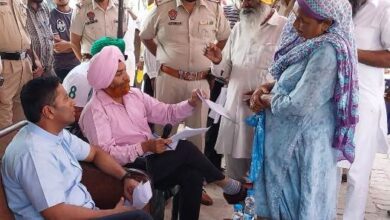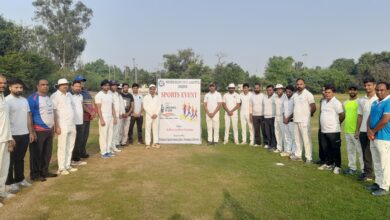Research Scholars of IIT Mandi visit Punjab to study to strengthen gender dimensions in NCDs
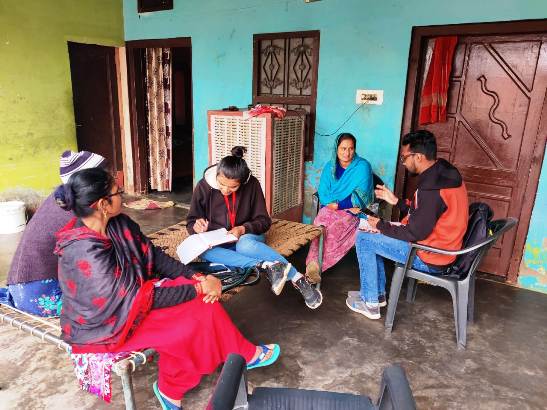
Research Scholars of IIT Mandi visit Punjab to study to strengthen gender dimensions in NCDs
Ferozepur, April 8, 2021: As many as, 2 Research Scholars and staff of Non-Communicable Diseases from – School of Humanities and Social Sciences (SHSS) at Indian Institute of Technology – IIT Mandi, Himachal Pardesh are in Punjab, to collect data, to present a research paper to gender dimensions in Non-Communicable Diseases (NCDs).
The study project looked to be equally important when the whole of the world is facing the communicable Covid-19 virus affecting
Ferozepur, April 8, 2021: As many as, 2 Research Scholarsalongwith staff of Non-Communicable Diseases from – School of Humanities and Social Sciences (SHSS) at Indian Institute of Technology – IIT Mandi, Himachal Pardesh are in Punjab, to collect data, to present a research paper to gender dimensions in Non-Communicable Diseases (NCDs).
The study project looked to be equally important when the whole of the world is facing the communicable Covid-19 virus affecting
The Project Incharge is Dr. Ramna Thakur for Research Scholars Sujata, Shubham Ranjan and staff members – Dinesh Kumar, Saurav and Field Enumerator – Sidhant, Abhishek, Harsh, Sahil, Sumit, Satvir and Chaman.
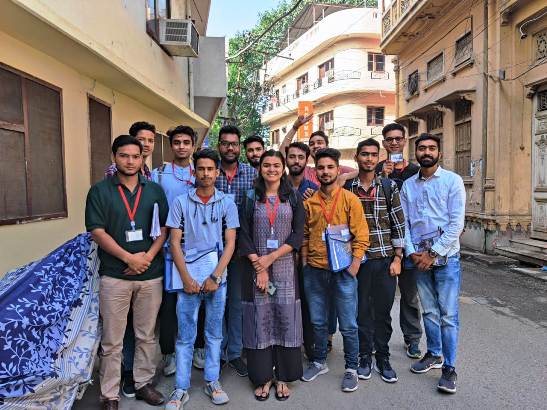
Dr.Ramna Thakur Project Incharge said, the study is a government-funded project which started in December 2020 and it will take a full year to compile the data and prepare the research paper for submission to the government for publication and action.
IIT Mandi has made a request to all the DCs, BDPOs to cooperate with the research scholars to collect data on – Area deprivation and the prevalence of non-communicable diseases in Punjab, analysis at the district level and do health policies require to address gender-related unique needs to control non-communicable diseases in India?
Subham Ranjan, is one of the Research Scholar and has a presentation of papers to his credit, is working in the field of development economics with research interests in health economics, economic growth and development.
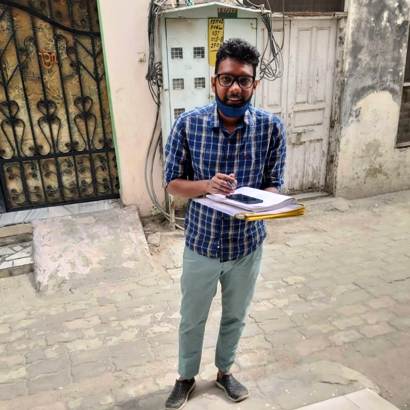
He said, during our research, all factors like cognition or awareness, sociocultural, economic and diagnosis related to gender that affects health outcomes,, health care practices and treatment choices will also be analyzed, based on collected data, in order to find out the grass-root causes of increasing gender differences in NCDs –Non-Communicable diseases. Adding he said, our research aims at strengthening the gender dimension in Non-Communicable Diseases.



